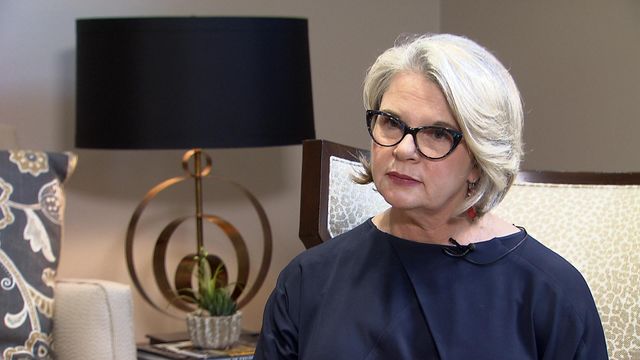Spellings: 'Let me manage' UNC system
In recent weeks, the University of North Carolina Board of Governors has chided UNC President Margaret Spellings, has ignored a chancellor's plea to leave a pro bono legal center at the UNC School of Law alone and is weighing slashing the central administrative offices of the 17-campus UNC system. Spellings says enough is enough.
Posted — UpdatedSpellings says enough is enough.
"Let me manage the enterprise, and let them set policy," she said of her relations with the Board of Governors in a recent interview with WRAL News. "Lee them see, understand and defer to the chancellors and me, who have a lot of experience."
"We're in a political arena," she said. "Everything in a public setting is going to have politics."
Still, the Board of Governors needs to "major in the majors," she said, referring to big-picture items, and not delve too deeply into the UNC system's operations.
"Operational issues are super important, but what we really do is drive the future of North Carolina through a better educated populace."
The belief that providing higher education to more people will boost the state's fortunes pushes Spellings and is what she wants as the board's focus.
"If you don't have a post-secondary degree in 2017, you're pretty much on a dead end," she said. "What high school education was to our parents ... must be the new standard for post-secondary education. High school diplomas are virtually ubiquitous. We just need to set our sights higher and our expectations higher."
Toward that end, the board has been giving her administration the flexibility to centralize some functions, such as getting campuses on common technology platforms, while decentralizing others to make UNC more user-friendly for students.
"It still takes students too long to get in and out, and it costs them too much," she said, adding quickly that a college education "is still worth every penny."
• Credits
Copyright 2024 by Capitol Broadcasting Company. All rights reserved. This material may not be published, broadcast, rewritten or redistributed.






